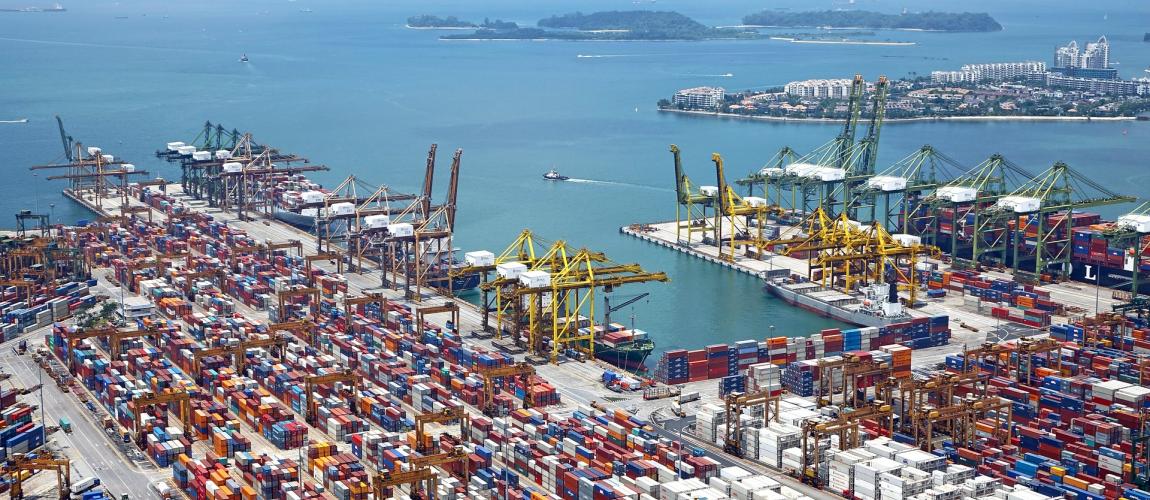Transport Policies Laws and International Agreements

Photo Credit: Image by Jason Goh from Pixabay
Public-private partnerships (PPPs) in transport, whether roads, railways, light rail, buses, ports or airports, require a sound legal framework. The right for government authorities to enter into PPPs in Transport and related rights and obligations, such as land acquisition and right of the private operator to charge users are often regulated by law. Set out below are examples of legislation related to PPPs in the Transport sector.
Set out below are examples of policies, laws and regulations related to PPPs in the Transport sector.
Listed below are samples of transport legislation relevant to and enabling the implementation of PPPs: Canada, Quebec Ireland (providing for PPPs, tolling, etc.) Canada India Ireland Poland South Africa United Kingdom United States A number of countries have introduced toll roads to allow for cost recovery of capital costs and maintenance. Some of these toll roads will be privately financed and tolling will be carried out by the private sector. In other cases the government itself uses tolls to generate funds to pay for the infrastructure or to manage traffic flow. Where tolling of users is considered as providing the most appropriate means for recovering some or all of the costs of a significant investment in new highway infrastructure, governments typically develop guidelines or policies for use of tolls. World Bank summary of issues and analysis on tolling and concessioning. A number of examples of such policies/ guidelines from different jurisdictions are set out below: Canada Ireland India Serbia South Africa United States Public-private partnerships (“PPPs”) in ports have become a means to manage port operations more effectively, as well as to develop new port infrastructure, traditionally both exclusively government functions. See Public Private Partnerships in Ports / Port Reform. Traditionally, airports were owned, managed and operated by governments but there has been a worldwide trend towards increasing private sector involvement to varying degrees, including through the use of public-private partnerships. See Public-Private Partnerships in Airports When private participation in a PPP railway project is envisaged, the applicable regulatory framework must be considered. Laws and regulations that can affect PPP projects in the railway sector may deal with railway safety, environmental and technical standards, private sector participation, track access, cross-border traffic, the administration of the railways and competences of railway authorities. Find more.Laws providing for PPPs in Transport Sector
Laws for Roads and Highways
Tolling Policies
Laws for Ports
Laws for Airports
Railway Laws and Regulations
International Transport Agreements
Updated: July 22, 2024